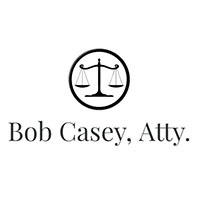Portland Estate Lawyer, Oregon
Sponsored Law Firm
-
 x
x

Click For More Info:
-
Law Office of Timothy J. Doherty
10 Crater Lake Ave Medford, OR 97504» view mapEstate Law Experience You Can Trust
The topic of wills and trusts can be confusing, but my job is to help you decide what’s right for you. Call me to set up a free consultation.
800-878-0640
Collin C. McKean
✓ VERIFIEDEstate Planning, Bankruptcy, Personal Injury, Family Law, Federal Appellate Practice
We make solutions for our clients, helping them navigate difficult transitions.
Bob Casey
✓ VERIFIEDEstate, Wills & Probate, Corporate, Guardianships & Conservatorships, Business Organization
Bob Casey is a practicing attorney in the state of Oregon. He graduated from Seattle University School of Law in 1991 with his J.D.
Mark G. Obert
✓ VERIFIEDCriminal, Divorce & Family Law, Accident & Injury, Estate, Real Estate
Committed to delivering quality legal counsel at an affordable price to businesses, individuals, and organizations. Johnstone & Obert is a law firm... (more)
Toby Borst
Business Organization, Franchising, Banking & Finance, Wills & Probate
Status: In Good Standing
Stephen J. Bedor
Wills & Probate, Family Law, Civil Rights, Banking & Finance
Status: In Good Standing
FREE CONSULTATION
CONTACT Timothy J. Doherty Medford, OR
Timothy J. Doherty Medford, OR Practice AreasExpertise
Practice AreasExpertise



